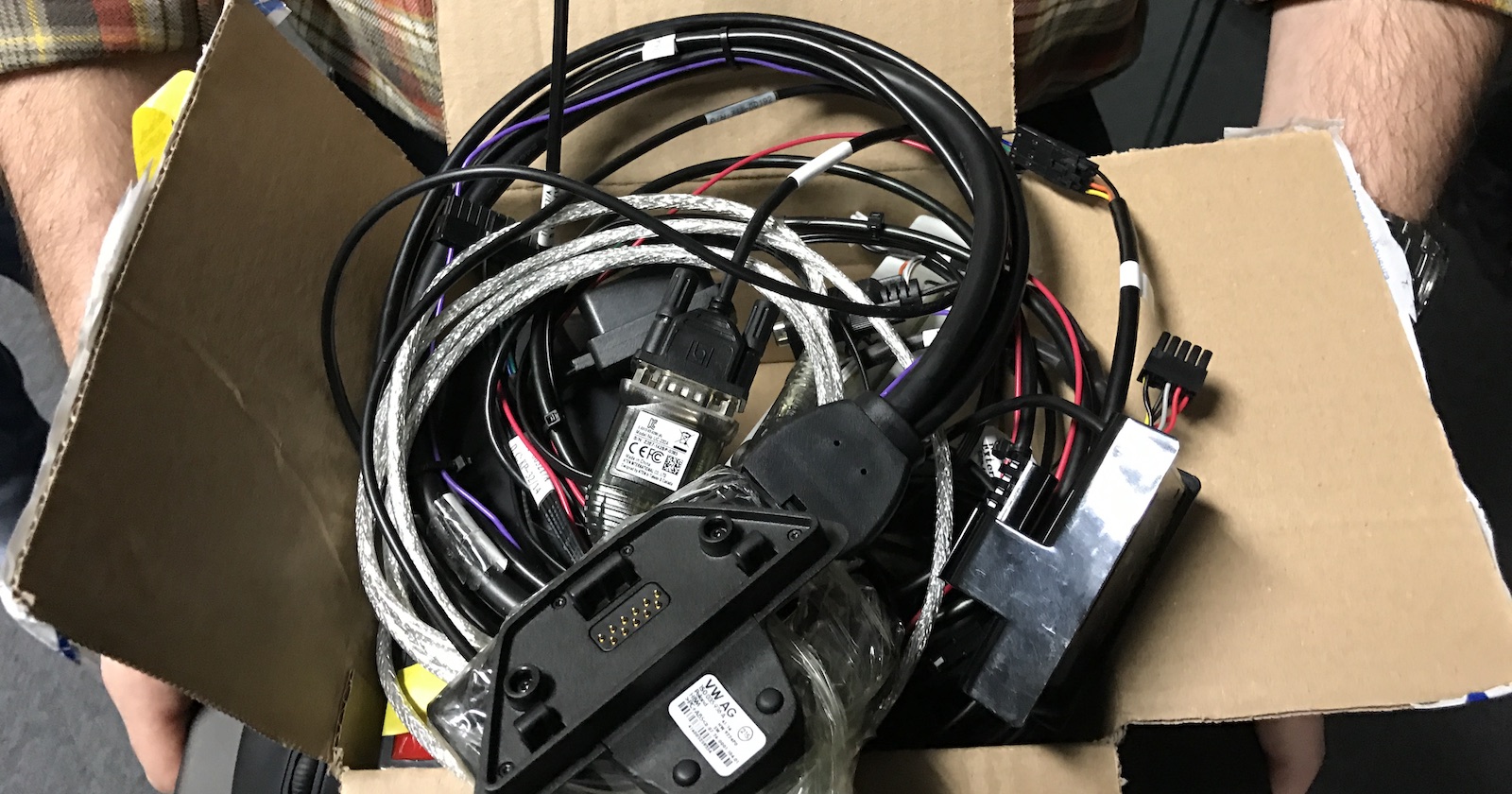From Startup to Steady State: The Evolution of Product Management Roles
 Julian Walder
Julian Walder
From the whirlwind of startup life to the structured environment of an established company, product management responsibilities and strategies can shift dramatically. Drawing upon my journey as an entrepreneur with experience in the conception, growth, and sale of various startups, this article aims to delineate these differences and offer insights into the unique characteristics and focus areas of product managers at various stages of a company's lifecycle.
The Early Stage: Startup Product Management
In an early-stage startup, the role of product management often falls to the CEO or the primary driving force behind the organization. This is a time of relentless focus on understanding and capturing market opportunities, validating product-market fit, and rapidly iterating the product based on customer feedback and market responses.
Reflecting on the more than 20 startups I have built, killed, pivoted, funded, mentored, or exited since the early 2000s, the primary responsibilities of an early-stage product manager, who is often the startup CEO, include:
Vision Setting: Articulating and advocating for the product's vision and mission, ensuring it aligns with the overall strategic objectives of the startup.
Market Understanding and Validation: Identifying, understanding, and validating market needs and opportunities, which usually involves extensive customer discovery and market research.
Rapid Prototyping and Iteration: Developing prototypes, testing them in the market, learning from feedback, and rapidly iterating on the product design and functionality.
Resource Allocation: Making decisions on where to allocate limited resources to deliver the most value to customers and stakeholders, often under significant constraints.
The Later Stage: Established Product Management
In contrast, product management in an established company requires a different set of responsibilities. At this stage, the product already has a defined user base and market position. The role of the product manager is often distinct from the CEO and focuses more on growth, sustainability, and improvement rather than radical innovation or finding product-market fit.
Responsibilities include:
Product Optimization: Streamlining and optimizing the product to meet the needs of a growing and potentially diversifying customer base.
User Experience Enhancement: Focusing on user experience and usability, aiming to increase customer satisfaction and retention.
Scale Management: Preparing the product for scaling, addressing issues such as performance, reliability, and security.
Competitive Positioning: Keeping a keen eye on the competitive landscape, differentiating the product, and identifying opportunities for growth and expansion.
Characteristics of Early-stage Vs. Established Product Managers
The distinct responsibilities of product management at different stages demand unique sets of personal characteristics.
Early-stage product managers, typically startup CEOs, often need to be more:
Visionary: Able to envision a product that doesn't exist yet and inspire others to buy into this vision.
Risk-Tolerant: Comfortable with high levels of uncertainty and willing to take calculated risks.
Resilient: Capable of bouncing back from setbacks and failures, viewing them as opportunities to learn and iterate.
Versatile: Able to wear multiple hats and perform a variety of roles, from business development to customer service to engineering liaison.
On the other hand, product managers in established companies often need to be more:
Analytical: Comfortable with data analysis and able to make informed decisions based on complex data sets.
Process-Oriented: Capable of creating, implementing, and optimizing processes to ensure consistency and quality as the product scales.
Collaborative: Able to work effectively with various teams and stakeholders within the organization to drive the product forward.
Strategic: Skilled in long-term planning and capable of positioning the product for growth and competitive advantage.
My Learnings
From launching startups in three different countries and steering the product management ship through different stages, I've learned that product management is not a one-size-fits-all role. It evolves with the organization, demanding different skills and focus areas at each stage. Understanding this dynamic nature of product management is crucial for CEOs, product managers, and teams to successfully navigate the challenging yet rewarding journey from startup to an established company.
Invitation for Discussion:
This is my perspective based on my personal experience. I invite you, whether you're a product manager in an early-stage startup or an established organization, or anywhere in between, to share with me your thoughts and experiences. Do you agree with these observations? Have you noticed different trends or requirements in your journey? Let's discuss and learn from each other.
Subscribe to my newsletter
Read articles from Julian Walder directly inside your inbox. Subscribe to the newsletter, and don't miss out.
Written by

Julian Walder
Julian Walder
Julian Walder is an entrepreneur and startup builder known for strategic marketing, innovation, and product management. Fueled by curiosity, he leverages technology to solve real-world problems.